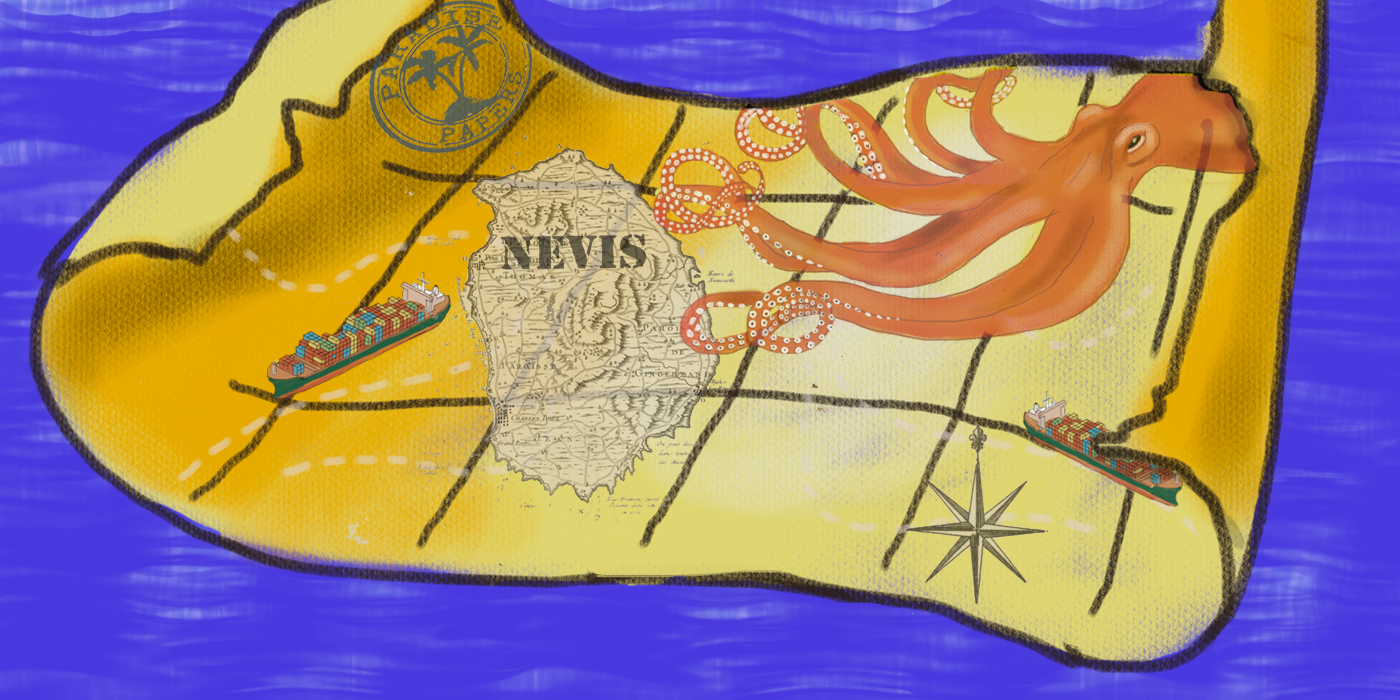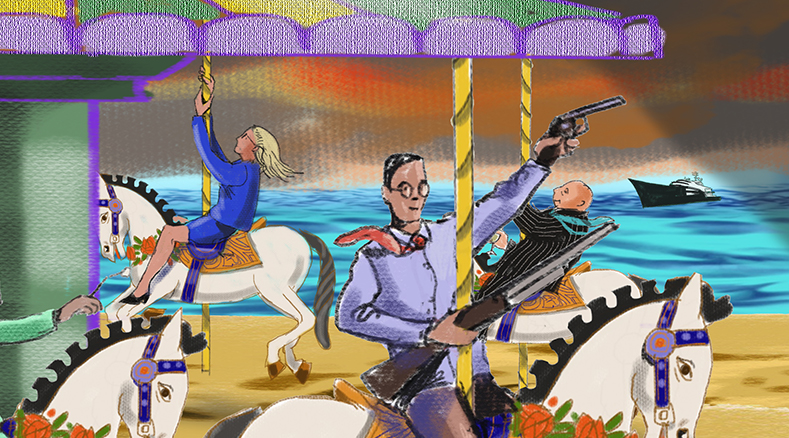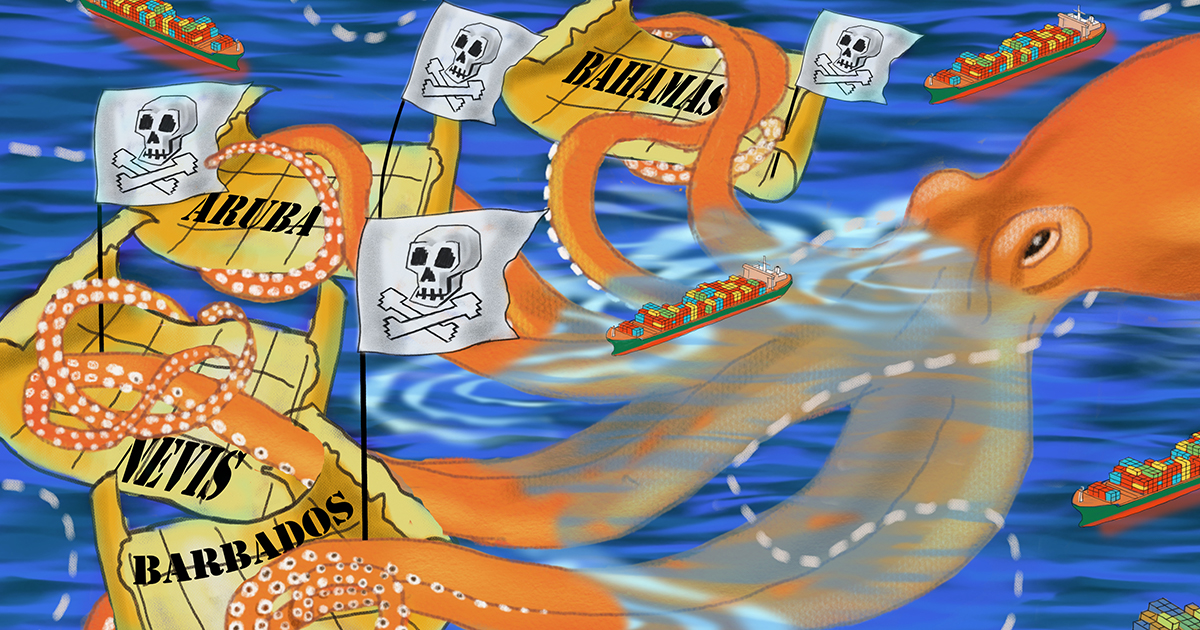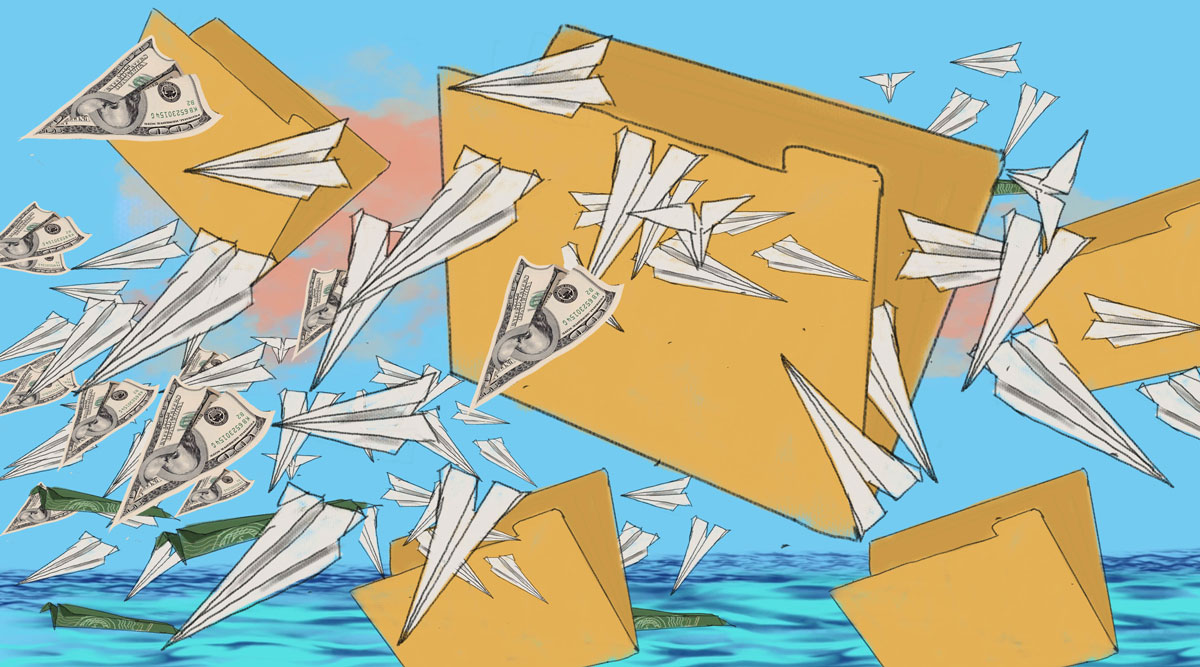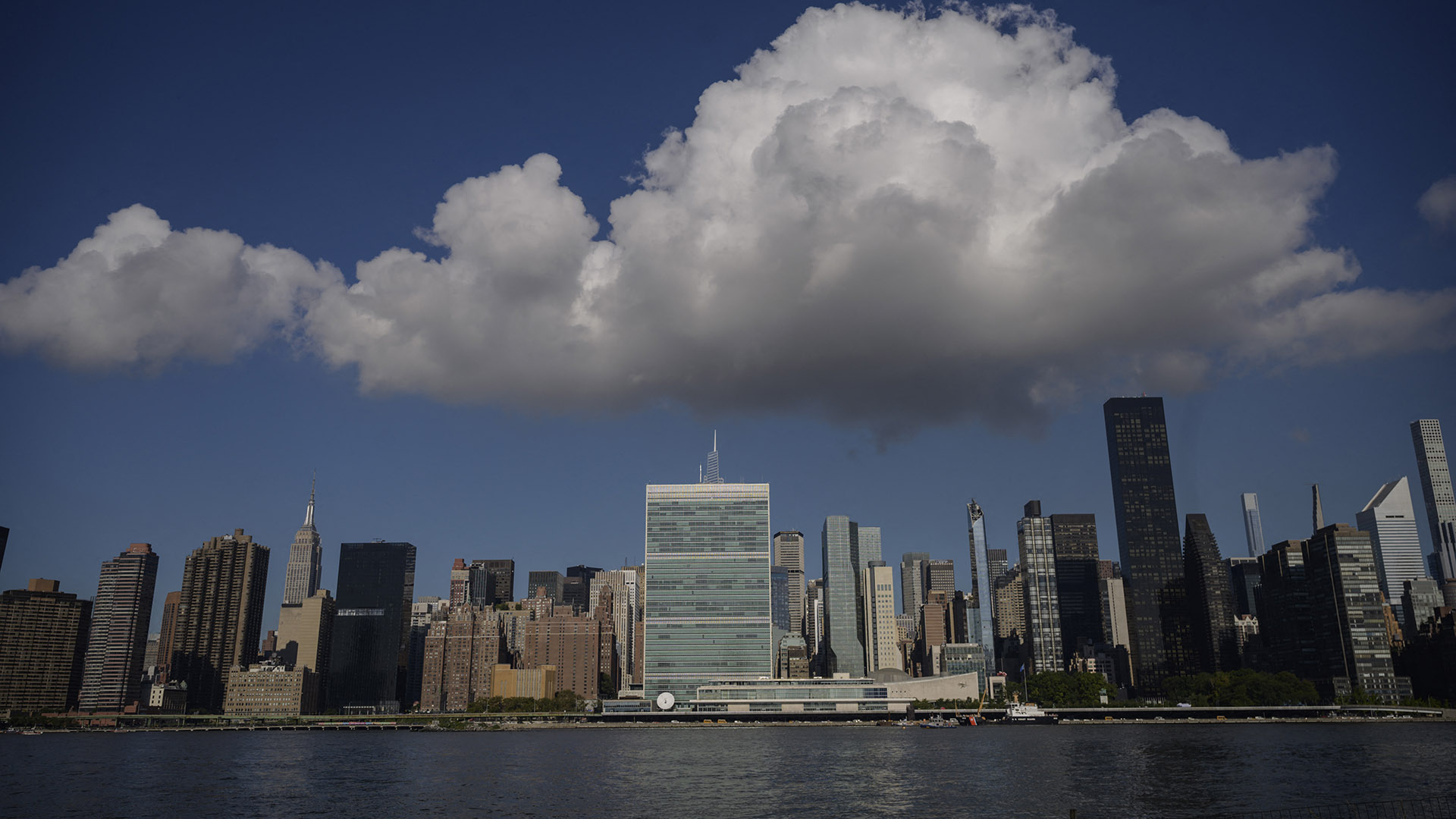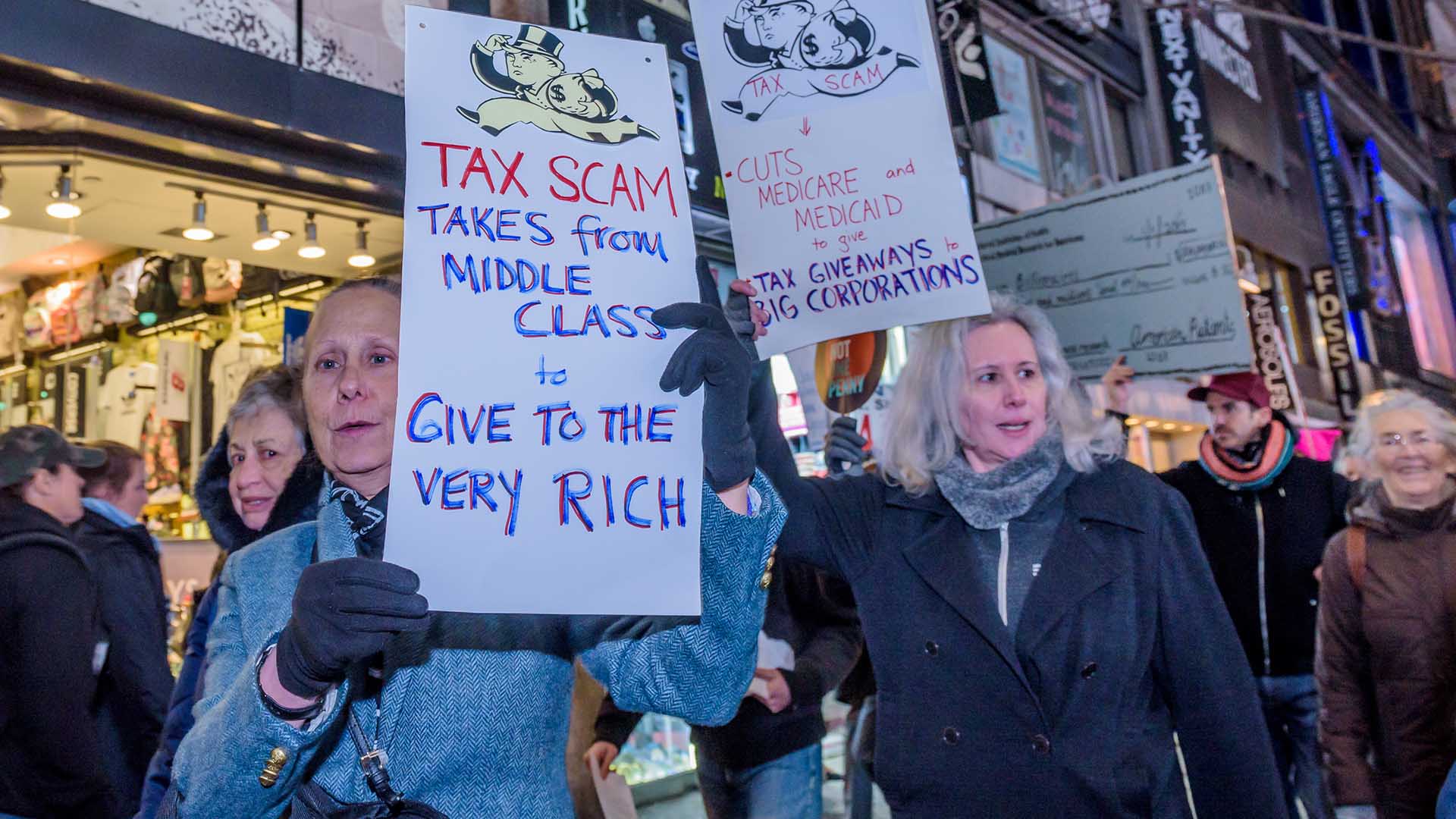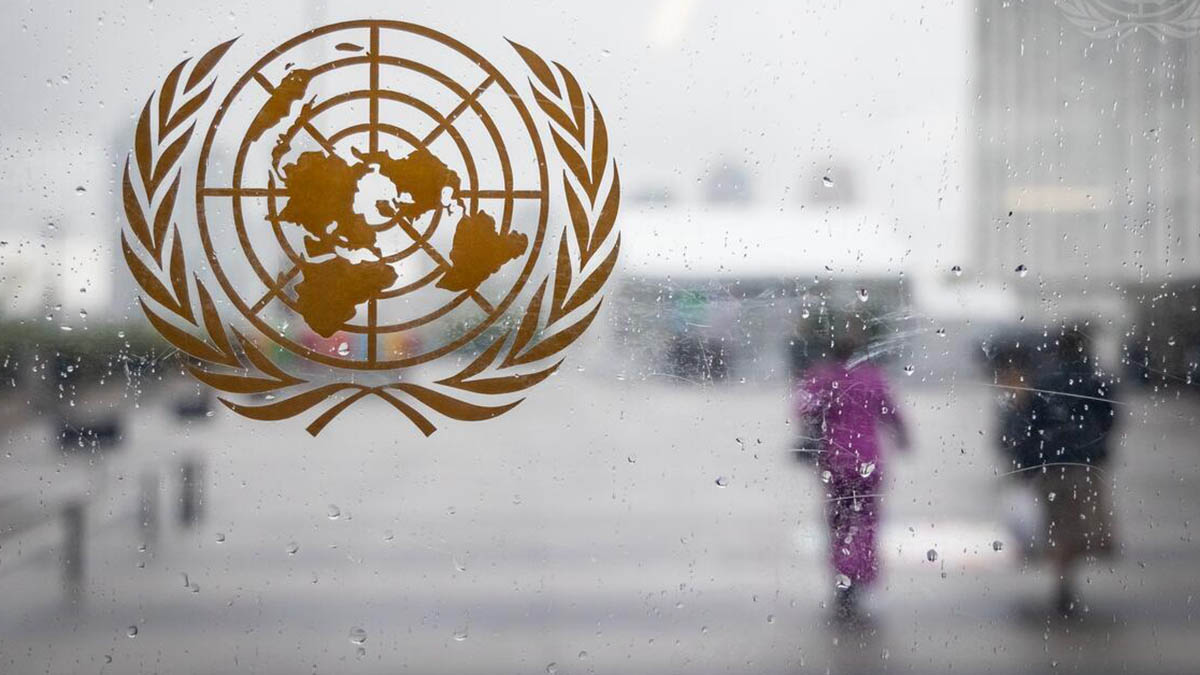On April 4, 2009, Kurt Donsbach, a self-styled “doctor” with a history of practicing medicine without a license, warned an audience at the Health Freedom Expo in Long Beach, California, of a dire threat to alternative medicine practitioners.
Nutritionists, Donsbach declared, were in danger of “receiving genocide by people who said ‘… we are going to destroy you and put you aside.’ ” He went on to talk about his “anti-cancer cocktail.”
Five days after the speech, Donsbach – then 73 and an unlicensed chiropractor who had previously been convicted of selling unapproved drugs , evading taxes and smuggling medicines into the country – was arrested on charges ranging from grand theft to falsely representing a product as a cure for cancer. He was later fined and sentenced in a California state court to a year in jail after he pleaded guilty to 13 felony counts. The San Diego County district attorney said that Donsbach “preyed on vulnerable patients who were looking for medical help” and that he “sold victims potentially dangerous drugs.”
Soon after he was sentenced, according to documents examined by the International Consortium of Investigative Journalists as part of the Paradise Papers project, Donsbach reconfigured a trust he had established in Nevis, part of the two-island federation of St. Kitts and Nevis in the Caribbean.

Trusts can be used in numerous jurisdictions to protect estates and shield assets by creating layered structures that disguise ownership. But Donsbach’s choice of Nevis to set up his trust is not surprising.
The asset-protection law of Nevis offers more of an impediment to the inquiries of tax collectors, prosecutors and creditors than do the laws of most other jurisdictions.
Creditors are required to post a $100,000 bond before filing a claim against a Nevis trustee, according to the island’s financial services agency website. The claim must be filed in a local court and is valid only if “fraudulent transfer or disposition” is alleged.
This makes Nevis a favorite for professionals in high-liability fields such as medicine who might want to minimize their exposure in the country where they practice, experts interviewed by ICIJ said. As one firm of asset-protection advisers puts it, by placing “assets beyond the reach of the courts, you effectively tied their hands.” The same would hold true for unlicensed practitioners, they said.
Anyone attempting to trace the assets will face “a lot of roadblocks,” and it can get “extremely expensive,” said Austin Smith, founder of a New York-based firm that specializes in asset recovery. For the typical victim, he said, the claim may be dwarfed by the cost of pursuing it.
After the California court ordered Donsbach to return $250,000 to his victims and “not to have any control, ownership or benefit from a ‘health related business,’ ” his trust was split into two sub-trusts, according to his lawyer’s correspondence with Asiaciti, an offshore financial services provider. Donsbach’s stock in his ‘health related business’ Health Advances USA Inc., a producer of nutritional supplements that had been headed by his wife, was then transferred from one sub-trust to another, the files show.
The purpose of the arrangement was to meet Donsbach’s “obligations” to the court and was “fully disclosed,” his lawyer wrote in 2014.
He also wrote “that the assets of the Donsbach Dynasty Trust and associated sub-trusts do not result from the proceeds of any criminal activity, and the assets are good clean assets.”
In 2015, the sub-trust sold its stock in Health Advances and the property where it operated for nearly $3 million and part of the proceeds were to be used to pay for Donsbach’s outstanding restitution order, according to Asiaciti records.
It is not clear from the files whether the restitution order was satisfied in full or at all. Donsbach’s daughter said the family would not comment.
In offshore they trust
The legality of setting up trusts offshore is “not really the question,” said Stewart Sterk, a professor at Cardozo School of Law.
Although “for the real physician, a U.S. trust may be just fine,” he said, “for people who are really trying to shelter their money from judgments, putting the money abroad is still the more beneficial course.”
Over the last 20 years, there has been an increase in the use of offshore trusts, said Sterk, who described the trusts as “ironclad.” U.S. authorities haven’t found “the right way” to keep up, he said.
Leaked documents from Asiaciti and the Nevis registry include the names of players other than Donsbach in the alternative medicine sector, a multibillion dollar industry that has been criticized for aggressively promoting rapid remedies for which there is little scientific evidence.
Nevis account holders found in the Paradise Papers, for instance, include the developer of a genetic test for autism, and the founders of Jeunesse Global, a multilevel-marketing company that sells skin-care products, dietary supplements and “revolutionary” anti-aging treatments. Jeunesse recruits distributors to buy and resell the products and recruit more distributors. The sales arrangement has been challenged in ongoing lawsuits as an illegal pyramid scheme that profits mainly from sales to its distributors and not from the distributors’ sales to their customers.
Jeunesse has never been charged with a crime. However, in 2009, one of its founders, Ogale Erandal (Randy) Ray, signed an agreement with the state of Florida under which three companies that he co-owned agreed to pay $100,000 to Florida and to refrain from engaging in false or misleading advertising, chain marketing and pyramid schemes. The case was settled without admission of wrongdoing.
According to Asiaciti records, in 2015 and 2016, three companies connected to Jeunesse were registered in Nevis, and the company’s founders became directors of three Hong Kong companies affiliated with three Nevis trusts.

Jeunesse’s founders did not respond to ICIJ’s requests for comment. Reached by phone, one of their lawyers said she did not wish to comment.
The land of opportunities
In addition to the nearly creditor-proof asset-protection law of Nevis, the federation attracts investors with what is known as its “sugar visa.” The program grants lifetime citizenship to foreigners in exchange for a $250,000 donation to a government-backed fund that supports displaced sugar industry workers or a $400,000 investment in real estate in the federation.
According to a 2012 brochure from a real estate developer, a stake in a hotel, for instance, can secure for the investor not only citizenship but also benefits affecting income, capital gains and inheritance taxes. The country is “the land of opportunities,” the brochure declares.
The first of its kind, the three-decade old citizenship-by-investment program has been criticized by foreign governments as aiding “illicit actors” to circumvent international sanctions and engage in financial crimes. The federation’s leaders deny encouraging such activities.
“We want persons of high net worth who want an enduring relationship with our country,” Prime Minister Timothy Harris said in an interview with World Investment News in February 2017 . Harris described oversight of the program as “very rigorous.”
In 2014, a U.S. Treasury Department advisory said lax controls enabled applicants “to mask their identity and geographic background.” Since then, the number of applicants for St. Kitts and Nevis citizenship has decreased dramatically, although other nations report growing demand for their passports, said Manuela Boatca, a University of Freiburg sociology professor who studies economic citizenship.
Similar programs are in place in other Caribbean jurisdictions and some European countries, although the European Commission recently announced an inquiry into so-called golden visas.
“People who can afford to buy citizenship can buy their way into mobility, safety and services that these territories offer,” including zero tax regimes, Boatca said.
In the past decade people of various nationalities obtained or sought St. Kitts and Nevis citizenship, according to the leaked documents.
Among them is the daughter of the late Charles Wyly, one of two Texas billionaire brothers, both major Republican donors, who “raided the offshore system” to finance their domestic ventures, according to a federal bankruptcy court judge.
According to the Securities Exchange Commission and U.S. Senate investigators, the Wyly brothers hid hundreds of millions of dollars abroad from 1992 to 2005 in a complex offshore network they used to engage in insider trading and tax fraud.
Charles died in 2011, but in 2014, his estate and his younger brother, Sam, were ordered to pay about $300 million in damages and interest to the SEC. In 2016, the bankruptcy court judge ruled that the Wylys owed more than $1 billion in back taxes, interest and penalties.
SEC records identified the Wylys’ offshore entities in the Isle of Man and Cayman Islands. However, according to leaked emails, in 2012, funds from an Isle of Man trust under investigation were transferred to a trust in the Cook Islands, in the South Pacific, created by Jennifer Wyly Lincoln, a “stay at home mother” according to her declaration.

The new trust was to receive $5 million to “take advantage of the large gift exemptions available to US settlors of trusts before 31 December 2012,” according to emails between an Asiaciti manager and a banker. Unlike her father, the banker noted, Lincoln was not under investigation, and the Gemini Trust was set up.
Through a lawyer, Lincoln said that the trusts have been fully disclosed and that they are in compliance with foreign and U.S. laws.
In 2013, after part of the Gemini funds were used to finance Lincoln’s husband’s investment company in Texas, the couple requested that $363,170 be wired from the trust to finalize the family’s application for St. Kitts and Nevis citizenship, according to confidential emails.
It is not clear from Asiaciti records whether their citizenship application went through. Lincoln and her lawyer did not comment on the matter.
In September 2017, after powerful hurricanes hit the Caribbean region during the summer, the St. Kitts and Nevis government added another twist to its citizenship-by-investment program amid fierce criticism from the opposition party and others.
The country now also offers what could be called a “hurricane visa,” at a reduced price. A $150,000 donation to the Hurricane Relief Fund can buy citizenship for an individual or a family with as many as four members. The offer is open until March 2018, and, as a government website states in boldface type, “No residency or visit to St. Kitts needed.”
